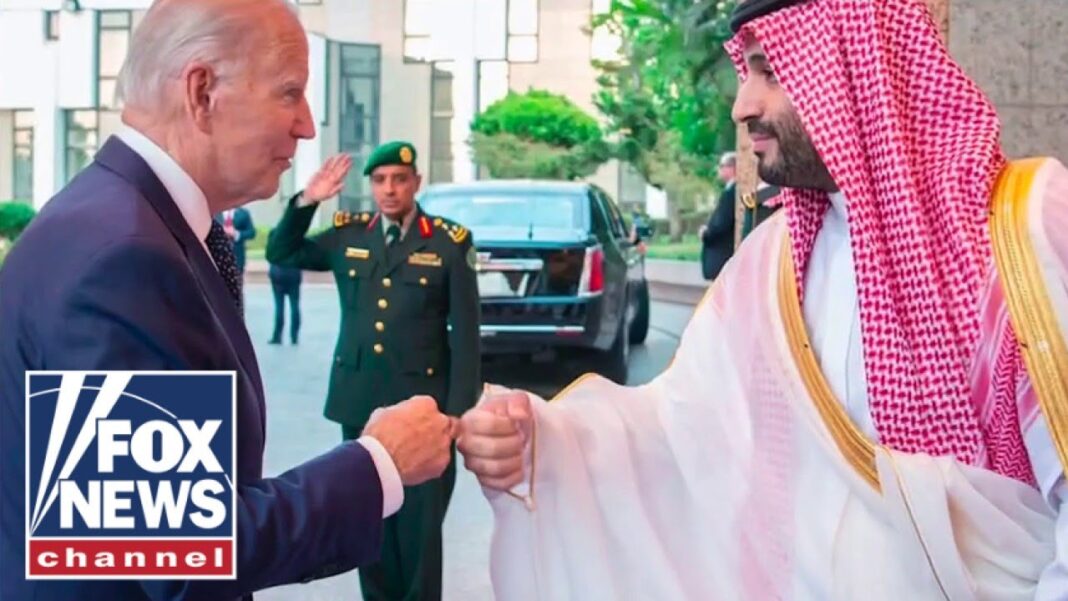US lawmakers granted the Department of Defense (DOD) more money than the Pentagon requested for in the fiscal 2022 defense budget, a recent Pentagon report shows.
In total, Congress sanctioned $58.55 billion in additional funds, according to the report. This includes $25.70 billion for operations and maintenance, $17.67 billion for procurement, $9.89 billion for research, development, test, and evaluation, $4.32 billion for military construction, and $947 million for military personnel.
The DOD initially had a base budget appropriation of $742.3 billion for fiscal 2022. As such, the extra $58.55 billion represents an almost 8 percent increase from the base budget. The Pentagon did not put in a request for any of the programs funded with the extra $58.55 billion.
These programs are not even in the so-called unfunded priorities lists—made up of items not included in the budget but considered critical—that departments and officers send to Congress annually.
For instance, roughly $4 billion was granted for half a dozen ships that were not on the unfunded priorities list. Similarly, the Navy received $900 million for a dozen Super Hornet jets, the Air National Guard got $1.8 billion to purchase 16 C-130J transport planes, and $460 million was granted for developing advanced jet engines. Over $2 billion in extra funds was appropriated for classified programs.
The $58.55 billion calculation only takes into account individual additions totaling $20 million or more. Since there are usually many spending hikes in the single-digit millions, the total actual excess funding will likely be higher.
Funding Debate
In an email to Roll Call, Steve Ellis, president of Taxpayers for Common Sense, a government spending watchdog group, called for more efficient military budgets.
“Certainly Congress has the power of the purse, but considering the Pentagon got more than $750 billion that year, lawmakers could work within that generous budget to reflect their priorities … Instead, they dumped more than $50 billion across accounts for what appear to be in some cases very parochial interests.”








